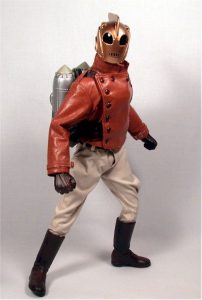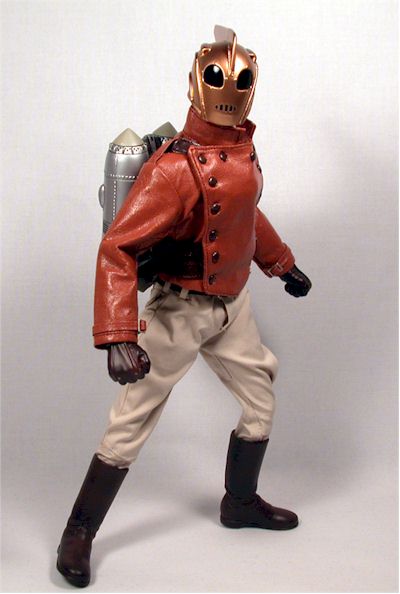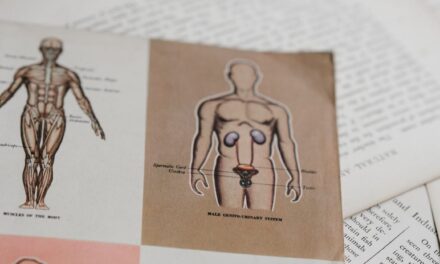New volunteer Dario Sulzman has had many previous lives. We don’t mean that in the flighty New Age sense, though if we brought in the right mystic, perhaps we’d learn that Dario was a WWII pilot who pressed “eject” instead of “bomb” by accident, or a seventeenth-century Russian seamstress who died of infection after she forgot to wear a thimble. We don’t know (because mystics are expensive).
We do know that before Dario became a PhD student here at UC, he had a motley collection of jobs that would look good on the back of any book jacket. He’s done the usual gritty work of washing dishes and making sandwiches. He’s been an intrepid newspaper reporter and a reading specialist. He’s been a barista and heroically battled the milk steamer in what he calls the “dance of resistance.” He was a real estate appraiser for divorce cases in New York, wisely judging the value of brownstones and high-rise penthouses for their owners to later fight over. He was once hired by Dunkin’ Donuts to walk around Rockefeller Center with a “jet pack full of hot chocolate.” Now Dario is our reading specialist, and we’re happy to have his appraisal of Michael Barach’s “Penis Interview,” which is as good as a jet pack full of hot chocolate.
Dario Sulzman: Before reading Michael Barach’s poem “Penis Interview,” I’d have referenced Philip Roth’s Portnoy’s Complaint or Tyrone Slothrop in Gravity’s Rainbow if anyone had asked me for recommendations of classic works involving phallic personification. Now, in our most recent issue of Cincinnati Review, Barach offers a new . . . perspective. The first time I read “Penis Interview,” I was struck by the poem’s blunt, singular honesty. Some “answers” are exactly the kind of crass responses we’d expect of such a carnal appendage—“When can you start? (Duh.)”—while others reveal a surprising vulnerability—“What do you fear? Myself.”—but every line is spoken immediately, without hesitation or wasted energy.
Upon my second reading, I realized how technically layered this seemingly simple, fairly short poem actually is. Its terse impermeability is built up not just by Barach’s consistent use of a question-answer (mock interview structure), but also by playful and varied use of rhyme schemes. Sometimes the answers rhyme, but not the questions; other times only the questions rhyme, leaving the corresponding answers to diverge. Barach uses end rhyme and slant rhyme as well as sudden changes in cadence to create a poem with all of the suspenseful, volley-and-return energy that one feels watching a championship tennis match . . . or some other sport where men with sticks hit balls back and forth to each other.











